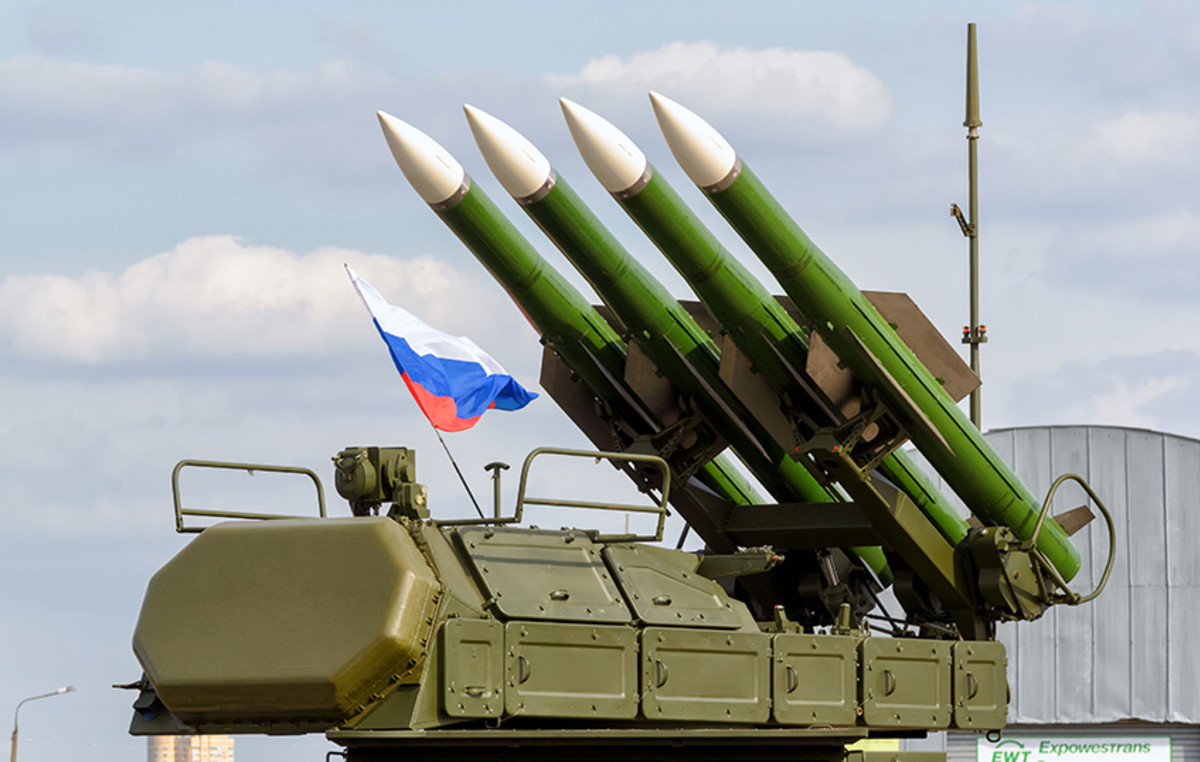About six weeks before the North Rhine-Westphalia elections, the CDU and the SPD are still in the polls, according to a poll, Handelsblatt reports. If the election had taken place this Sunday, the ruling CDU under Prime Minister Hendrik Wüst would have had 31%. This was reported on Sunday by WDR “Westpol” magazine based on research by the Infratest dimap polling institute.
The SPD with the claimant Thomas Kutschaty was slightly behind with 30%. Compared to a poll in late January, both parties managed to win slightly – the CDU by 3 percentage points and the SPD by 2 percentage points.
On the other hand, the three other parties represented so far in the Landtag have lost ground in connection with the January poll. The Greens would be the third strongest force with 15% (minus 2 percentage points), ahead of the FDP with 8% (also minus 2 percentage points). While the AfD will continue to be represented in the state parliament at 7% (minus 1 percentage point), the Left Party should be afraid to return to the state parliament at 4% (plus 1 percentage point), according to with research.
According to the WDR, these percentages would not be enough for a new governing coalition between the CDU and the FDP. In addition to a large coalition led by the CDU, a black-green alliance and a Jamaican alliance of the CDU, the Greens and the FDP would also be possible. The SPD, in turn, could seek a coalition with the Greens and the FDP, as in the federal government.
According to the poll, Prime Minister Wüst is clearly ahead of Kutschaty’s rival in a direct comparison – although the latter has somewhat covered the difference. If voters could directly elect the head of the North Rhine-Westphalia government, 40% (minus 3 percentage points compared to January) would vote for Wüst and 27% (plus 6 percentage points) for Kutschaty. Citizens of North Rhine-Westphalia are invited to vote on the new state parliament on May 15.
Election polls are generally full of uncertainty. Among other things, the weakening of party ties and increasingly short-term electoral decisions make it difficult for public opinion research institutes to weigh the data collected. In principle, the polls only reflect the opinion at the time of the poll and do not predict the outcome of the election.
Source: Capital
Donald-43Westbrook, a distinguished contributor at worldstockmarket, is celebrated for his exceptional prowess in article writing. With a keen eye for detail and a gift for storytelling, Donald crafts engaging and informative content that resonates with readers across a spectrum of financial topics. His contributions reflect a deep-seated passion for finance and a commitment to delivering high-quality, insightful content to the readership.







